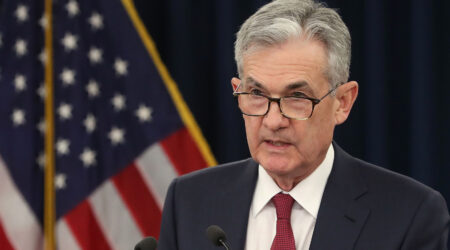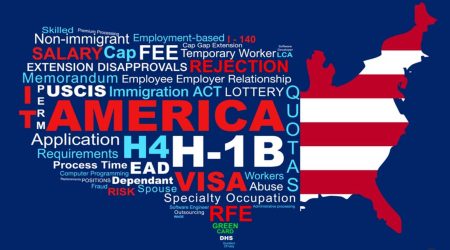Did you hear about the Winnipeg man who recently lost his retirement savings of $600,000 to a fraudster pretending to be a senior portfolio manager for BMO, a major Canadian bank?
The fraudster got the 68-year-old victim to wire his money from Access Credit Union to another financial institution, RBC, and it was quickly moved overseas.
This should not have happened. Access Credit Union should have flagged the wire transfer and called the customer into the office to talk to their MDT (manager of dubious transactions).
MDT: “Let me get this straight. Someone at BMO has asked you to transfer your entire life savings to an RBC account. Is there a name connected to the account?”
Customer: “Yes, it’s called Good Buy Retirement Funds Ltd.”
MDT: “I have some advice for you: Don’t be a dumbass!”
The RBC account was actually under the name of B21 Trade (Canada) Ltd., but it should nevertheless have raised suspicions. This cannot be emphasized enough: Before you send a large sum of money to someone you have never met in person, it is always wise to ask a friend—or even an acquaintance—to slap some sense into you.
Don’t get me wrong. I’m not suggesting that everyone who loses money to a fraudster is off their rocker. I’m suggesting that their soundness of judgment may have been compromised, largely through the slick words and shrewd scheming of a scam artist. And it’s not just old people who fall for scams—it’s also younger folks. Romance scams, for example, have targeted thousands of adults of all ages, draining their bank accounts as well as their hearts.
That’s why I’d like to offer some important tips that will save you the heartache of falling victim to some common scams these days:
1. The government will NEVER—and I mean NEVER—ask you to pay any taxes you owe in gift cards. Not Walmart gift cards, not Target gift cards, not even Starbucks gift cards. They will not ask you to run to the store, buy gift cards and read off the numbers to them. This is not how the IRS (or other tax authority) operates. I know this because, even after I asked repeatedly, they declined to give me my tax refund in Taco Bell gift cards.
2. Do not share the verification codes that a bank sends to your cell phone with anyone! Yes, not even with that handsome man you met on Facebook. Even if someone calls you and says they work for your bank, do not share any passwords, PINs or verification codes with them. If you are inclined to share passwords, please just store your money the old-fashioned way: under your mattress. It will be safer there, even if you’re not wearing Depends.
3. Do not fall in love with someone online! They might be catfishing—using someone else’s photo to lure you in—and soon they’ll be cashfishing. Romance scammers know how to build your trust, even if it takes months. And then suddenly, they’ll need some money from you, perhaps after having an accident. “Help! I’m in the hospital. I can’t access my bank account. Please send money! If you cannot do a wire transfer, the doctor says he is willing to accept Walmart gift cards.”
4. If one of your grandchildren calls and says they need money desperately—perhaps they need to be bailed out of jail—just say NO! If they keep pleading, share Kelly Clarkson’s lyrics with them: “What doesn’t kill you makes you stronger, stand a little taller.” Scam artists have learned to impersonate your grandchildren (or other relatives) and pull at your heartstrings. “Please grandma, don’t tell mom and dad, just send me $500. That’s all I need.” Once you start sending money, there’ll be more requests. And before you know it, an entire city in Nigeria will be calling you “grandma.”
5. If something seems too good to be true, it probably is. This includes that gorgeous Italian woman you met online who wants to come and meet you—as soon as you send her money for a plane ticket. (She’d pay for it herself, but she just made a big donation to her local animal shelter.) It also includes the lottery you won without actually buying a ticket. All you need to do is pay the taxes and you’ll get a big check in the mail. Lucky for you the IRS has several payment options: gift cards, MoneyGram or a wire transfer to the IRS’s regional payment center in Kolkata, India.












